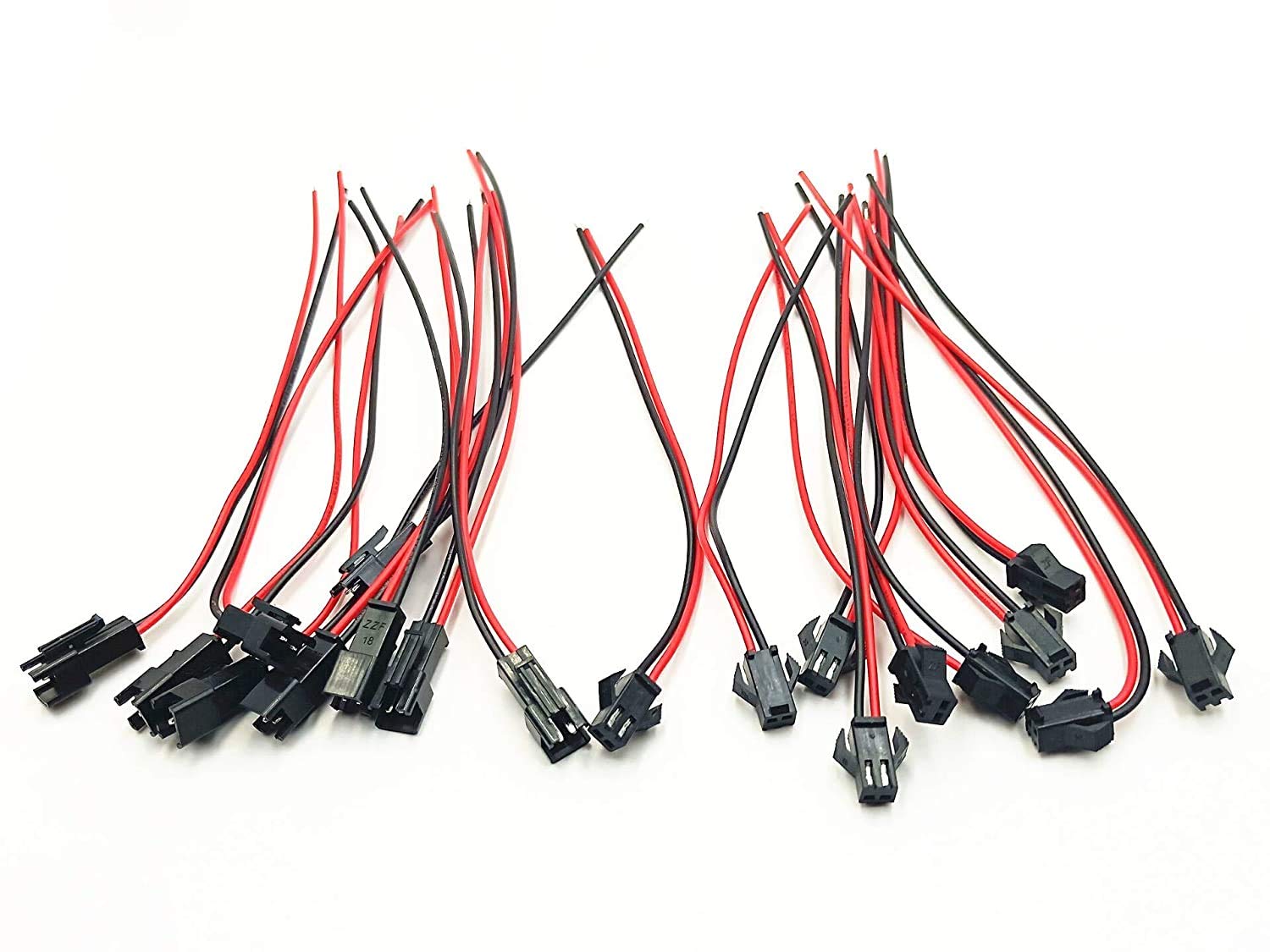Orthodontic problems are common and can affect people of all ages. While some orthodontic problems are purely cosmetic, others can cause pain, discomfort, and even health problems. Fortunately, there are a number of solutions and preventive measures that can help to address common orthodontic problems.
Post Contents
Tooth Decay
Tooth decay is one of the most common dental problems in the world. It is caused by a buildup of plaque, a sticky film of bacteria that forms on teeth. If plaque is not removed, it can eventually harden into tartar, which can damage tooth enamel and lead to cavities.
There are a number of things you can do to prevent tooth decay, including:
- Brushing your teeth twice a day with fluoride toothpaste
- Flossing your teeth once a day
- Eating a healthy diet that limits sugary and acidic foods
- Seeing your dentist for regular checkups and cleanings
- If you have a cavity, it is important to see your dentist as soon as possible. Cavities can be filled with a variety of materials, including amalgam, composite resin, and porcelain.
Gum Disease
Gum disease is another common dental problem. It is caused by the buildup of plaque and tartar around the teeth. If gum disease is not treated, it can lead to tooth loss.
There are a number of things you can do to prevent gum disease, including:
- Brushing your teeth twice a day with fluoride toothpaste
- Flossing your teeth once a day
- Seeing your dentist for regular checkups and cleanings
- Quitting smoking
- If you have gum disease, your dentist may recommend a variety of treatments, including scaling and root planing, surgery, or antibiotics.
Tooth Sensitivity
Tooth sensitivity is a condition in which teeth become sensitive to hot, cold, sweet, or acidic foods. It can be caused by a number of factors, including tooth decay, gum disease, and tooth grinding.
There are a number of things you can do to relieve tooth sensitivity, including:
- Avoiding acidic and sugary foods
- Using a soft-bristled toothbrush
- Using a toothpaste designed for sensitive teeth
- Taking over-the-counter pain relievers
- Using a mouthwash that contains fluoride
- If your tooth sensitivity is severe, you may need to see your dentist for treatment.
Bad Breath
Bad breath, also known as halitosis, is a common problem. It can be caused by a number of factors, including poor oral hygiene, dry mouth, and medical conditions.
There are a number of things you can do to prevent bad breath, including:
- Brushing your teeth twice a day with fluoride toothpaste
- Flossing your teeth once a day
- Using mouthwash
- Drinking plenty of water
- Avoiding smoking
- Seeing your dentist for regular checkups and cleanings
- If you have persistent bad breath, you may need to see your dentist to determine the underlying cause and recommend appropriate treatment.
Tooth Grinding
Tooth grinding, also known as bruxism, is a condition in which teeth are clenched or ground together, usually during sleep. It can cause a number of problems, including tooth wear, jaw pain, and headaches.
There are a number of things you can do to prevent tooth grinding, including:
- Reducing stress
- Avoiding caffeine and alcohol
- Wearing a mouthguard at night
- If you are experiencing tooth grinding, you may want to see your dentist to discuss treatment options.
What to Do If You Have an Orthodontic Problem
If you have an orthodontic problem, the first thing you should do is see your dentist. Your dentist can diagnose the problem and recommend the best course of treatment.
In some cases, your dentist may recommend that you see an orthodontist. An orthodontist is a dentist who specializes in the diagnosis and treatment of orthodontic problems.
If you need orthodontic treatment, there are a number of options available. The most common type of orthodontic treatment is braces. Braces use metal brackets and wires to move teeth into their correct position.
Other types of orthodontic treatment include Invisalign, which uses clear aligners to move teeth, and lingual braces, which are placed on the inside of teeth.
The type of orthodontic treatment that is best for you will depend on your individual needs and preferences.
How to Prevent Orthodontic Problems
The best way to prevent orthodontic problems is to practice good oral hygiene. This includes brushing your teeth twice a day with fluoride toothpaste, flossing your teeth once a day, and seeing your dentist for
Disclaimer
This article is for general information purposes only and is not intended as a substitute for professional medical advice, diagnosis, or treatment. Please consult your doctor or other qualified healthcare providers with any questions you may have regarding a medical condition. Never disregard professional medical advice or delay in seeking it because of something you have read in this article. The information provided in this article is not intended to diagnose, treat, cure, or prevent any disease and should not be relied upon as medical advice.
Read more articles for codehabitude










